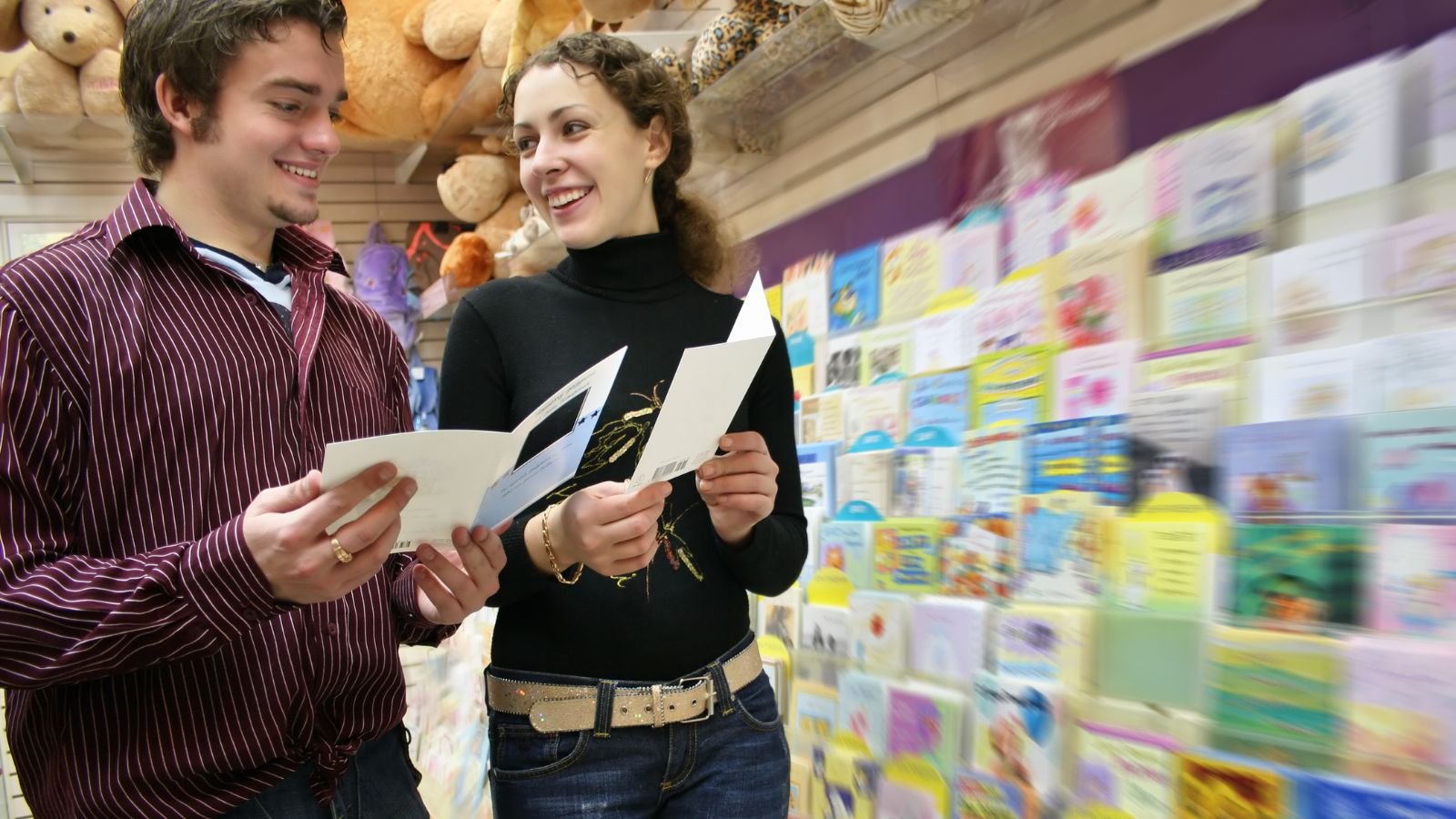In today’s world, certain time-honored courtesies are becoming increasingly rare. Simple acts like writing thank you notes or knocking before entering a room are disappearing from everyday interactions. Though these gestures might seem old-fashioned, they hold significant value and are worth preserving.
Holding the Door Open

Once, it was a common courtesy to hold the door open for anyone, not just a gesture reserved for men towards women. Today, it seems people often let doors swing shut without a thought. Holding a door for someone is a simple act of kindness that is becoming increasingly rare but still greatly appreciated.
Table Manners

Sitting down for family meals and practicing proper table manners used to be standard in many homes. Kids were taught table manners and where to put items on the table. Nowadays, these practices are fading as busy schedules and casual dining take over.
Asking for Permission

Children once had to ask their parents for permission before using household items. Now, many kids assume everything in the house is available for their use without even asking. This shift reflects a broader change in how boundaries and respect are taught within the home.
Offering Assistance

In previous generations, it was common to offer help if you saw someone struggling. Whether it was a flat tire or anything else, offering to help some is becoming less common. Today, this willingness to lend a hand seems to be diminishing. People often get so wrapped up in their daily routines and concerns that they overlook others who might need help.
Saying Please, Excuse Me, and Thank You

The words “please,” “excuse me,” and “thank you” are powerful yet increasingly absent from children’s vocabularies. These simple phrases develop kindness and respect. It makes interactions smoother and more pleasant. Teaching children these manners gives them the tools to navigate social interactions with kindness and poise.
Having Patience

In the past, children were taught the importance of patience and waiting their turn without interrupting adults. Today’s generation often struggles with impotence, frequently interrupting and demanding immediate attention. Teaching kids to wait and listen respectfully is a valuable life skill that promotes better communication and respect for others.
Showing Respect for Elders

Respect for elders, including using titles like “Mr.” or “Ms.” is less common today. Beyond titles, true respect involves listening to and valuing the experiences of older generations. Simple gestures like offering a seat or genuinely listening can significantly bridge the gap between young and old.
Dressing for the Occasion

Choosing dresses that suit the occasion showcases respect for the people involved as well as the event itself. While individuality in style is important, understanding the context and dressing suitability is a valuable lesson. Clean, well-fitted attire for events demonstrates professionalism and courtesy, which are essential social skills.
Maintaining Eye Contact

In the past, maintaining eye contact was seen as a way to show respect and interest during conversations. Nowadays, many children avoid eye contact, especially with adults, partly due to the increased use of digital devices. Encouraging kids to look others in the eye rebuilds respectful and meaningful communication.
Giving Your Seat Away

Offering your seat to someone in need, like the elderly or pregnant women, used to be a common act of courtesy. Today, this simple kindness is less frequently observed. Teaching children to be aware of others’ needs and to offer their seats shows empathy and helps create a more considerate society.
RSVPing

Responding to invitations with an RSVP, whether accepting or declining, is a courtesy that seems to be fading. An RSVP helps hosts plan for the right number of guests and shows respect for their efforts. Encouraging this practice in children helps them understand the importance of communication and consideration.
Sending Thank You Cards

In the digital age, thank-you cards written by hand are fading away. Handwritten cards bring a personal touch and create a deeper connection. It shows genuine gratitude. Teaching children to write thank-you notes helps instill appreciation and the value of taking the time to acknowledge others’ kindness.
Punctuality

Being punctual is a simple yet essential life skill that shows respect for others’ time. In a world where being late has become more acceptable, teaching children the importance of arriving on time is crucial. Teaching punctuality helps children grasp the importance of reliability and consideration.
Not Interrupting When Others Are Speaking

There was a time when children knew not to interrupt adults and wait for their turn to speak. Today, it is common to see kids interjecting mid-conversation without hesitation. Teaching children to say “excuse me” and wait for permission before speaking helps in maintaining respect and polite communication.
Saying God Bless You

Whenever someone sneezed, the usual reaction was “God bless you.” This simple phrase was a way to show care and concern. Despite changing social norms and political correctness, such expressions of kindness and respect still hold significant value in maintaining a polite and considerate society.
Introducing Themselves

Properly introducing yourself with a solid handshake and eye contact sets the stage for building trust in new connections. In a digital world, this traditional gesture carries significant weight. It signals confidence and readiness to engage. Encouraging this practice helps children make strong, respectful first impressions.
Putting Your Phone Down

Cell phone etiquette, like putting the phone away during conversations, is often overlooked by today’s youth. It is common to see children and teenagers glued to their screens. Teaching children to prioritize face-to-face interactions over screens fosters better communication and shows respect for those around them.
Knocking on Closed Doors

Knocking before entering a closed room is a simple courtesy that shows respect for others’ privacy. This small gesture signifies respect for someone’s privacy and personal space. By teaching children to knock and wait for a response before entering, we instill a sense of boundaries within the home. This practice helps avoid awkward situations and reinforces the importance of acknowledging others’ need for privacy and solitude.
